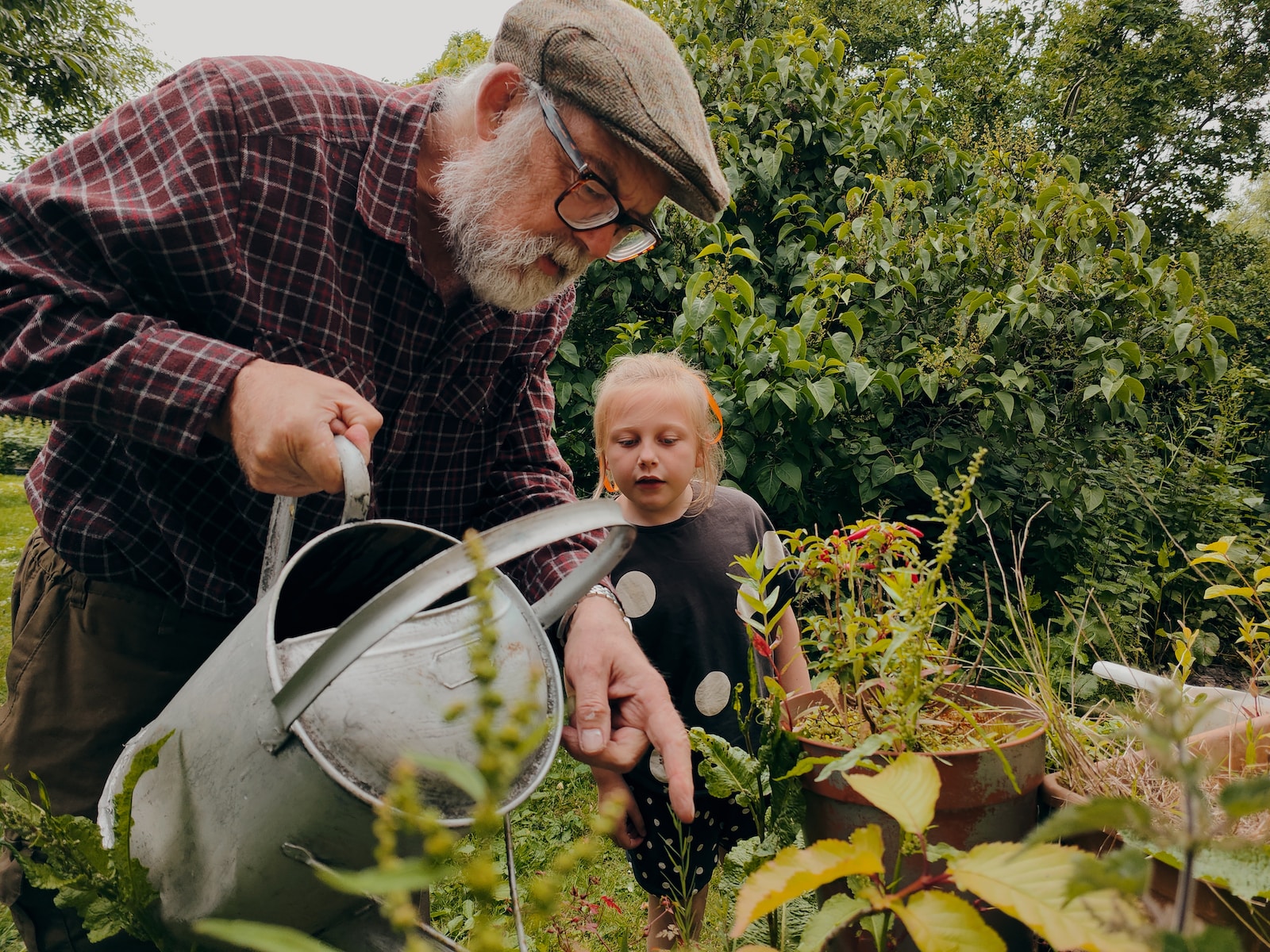Share this article with your network of friends!
The loss of a spouse is an emotionally challenging and life-altering experience, especially for seniors who have shared a lifetime of memories and built a deep connection with their partner. Grieving the death of a spouse is a complex journey that requires patience, self-compassion, and support. In this article, we offer guidance and practical suggestions to help seniors cope with the loss of their spouse, find solace, and navigate the path towards healing.
1. Allow Yourself to Grieve:
– Acknowledge the Pain: Understand that grief is a natural and individual process. Give yourself permission to experience the full range of emotions that arise, such as sadness, anger, guilt, or confusion. It’s okay to cry, express your feelings, and take the time you need to mourn.
– Self-Compassion: Be kind to yourself and practice self-care. Allow yourself moments of rest, engage in activities that bring you comfort and joy, and surround yourself with supportive individuals who understand the challenges of grief.
2. Seek Emotional Support:
– Share Your Feelings: Reach out to trusted friends, family members, or support groups who can provide a compassionate and understanding space to express your emotions. Sharing your feelings with others who have experienced a similar loss can provide validation and comfort.
– Professional Counseling: Consider seeking the guidance of a grief counselor or therapist experienced in bereavement. They can offer guidance, coping strategies, and a safe space for you to process your emotions and find solace.
3. Embrace Your Support System:
– Family and Friends: Lean on your loved ones for support during this difficult time. Accept their help with practical matters, such as funeral arrangements or household tasks, and allow them to provide emotional comfort and companionship.
– Community and Social Groups: Engage with local community centers, senior centers, or religious organizations that offer support groups or activities tailored for those grieving the loss of a spouse. Participating in these activities can help alleviate feelings of isolation and foster connections with individuals who understand your journey.
4. Take Care of Your Well-being:
– Physical Self-Care: Focus on maintaining a healthy lifestyle by prioritizing regular exercise, proper nutrition, and sufficient rest. Engaging in physical activities can help release endorphins and alleviate some of the emotional burden.
– Establish Routines: Creating daily routines and maintaining a sense of structure can provide a sense of stability during the grieving process. Consider establishing rituals or engaging in activities that bring you comfort and help you maintain a sense of purpose.
5. Honor Your Spouse’s Memory:
– Remembrance Rituals: Find meaningful ways to honor and remember your spouse. Light a candle, create a memory box, write in a journal, or visit a special place that holds memories. Participating in remembrance rituals can provide a sense of connection and keep the memory of your loved one alive.
– Volunteer and Give Back: Engaging in volunteer work or charitable activities that align with your spouse’s interests or passions can be a meaningful way to honor their memory and channel your energy towards positive contributions.
Coping with the loss of a spouse as a senior is an intensely personal journey that requires patience, self-compassion, and support. Allow yourself to grieve, seek emotional support, and surround yourself with understanding individuals. Take care of your well-being and find solace in activities that bring you comfort and joy. Remember that healing takes time, and it’s essential to be patient with yourself as you navigate through the stages of grief. While the pain of loss may never fully disappear, with time, support, and self-care, you can find strength, resilience, and a renewed sense of purpose as you honor the memory of your beloved spouse and embrace the journey of healing.
DISCLAIMER: This website contains articles for informational and entertainment purposes only. No articles on this website should be considered as professional advice for any medical, legal, or financial matter. Advertisements and content may contain affiliate links, where the website earns a commission for sales derived from our users.






[…] The loss of a spouse is a profound and life-altering event for seniors, and finding the path forward can be challenging. Whether to start senior dating again or remain single is a deeply personal decision that requires self-reflection, patience, and understanding. There is no fixed timeline for healing, and each senior must navigate their own journey at their own pace. Embracing the grief process, seeking support, and reflecting on personal readiness are essential steps in this process. Whatever choice is made, seniors should remember that their happiness and well-being are paramount, and they deserve to lead a fulfilling and meaningful life, in whichever way feels right to them. […]